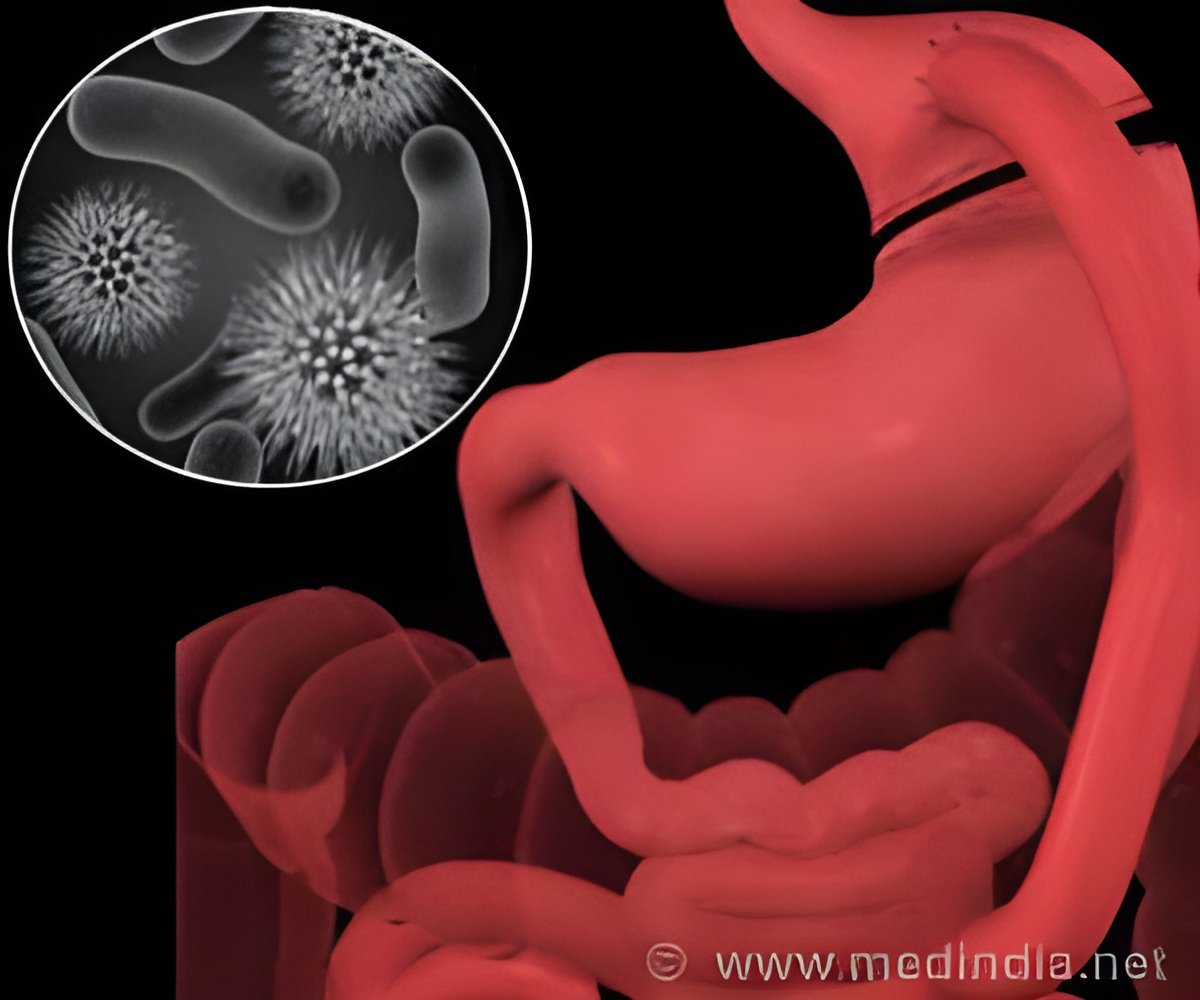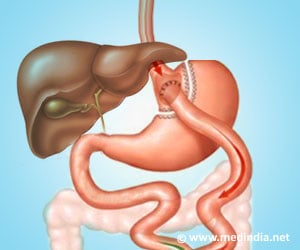Long-term survivors after esophagectomy with gastric pull-up can enjoy a satisfying meal and good quality of life.

Esophagectomy with gastric pull-up is a surgical procedure in which the stomach is used to replace the esophagus. This procedure is an integral part of the curative treatment of esophageal cancer, either as initial therapy or after pre-operative chemoradiotherapy, and is also done for end-stage benign conditions in some patients. The surgery significantly impacts physical fitness and health-related quality of life early on, and can be associated with problems such as anastomotic strictures, rapid gastric emptying or "dumping," and diarrhea. Concerns about the surgery and early post-operative quality of life may lead patients to consider alternative therapies even though these options may not provide the same potential to cure the cancer or address the esophageal dysfunction.
There have been few reports on the recovery of quality of life long-term after esophagectomy. The longest previously reported study was five years after esophagectomy. In the current study investigators looked at 40 patients (36 men and 4 women) who were at least 10 years and up to 19 years out from their surgery. The patients were interviewed about their alimentary satisfaction and gastrointestinal symptoms and were assessed for their gastrointestinal and overall quality of life. Patients were between 58 and 92 years old (median age 75) at the time of the survey.
"The quality of life in patients who survived ten or more years after esophagectomy and gastric pull-up was excellent, matching or exceeding population normal values," observes senior investigator Steven R. DeMeester, MD, Professor and Clinical Scholar in the Department of Surgery at the University of Southern California School of Medicine. "The overwhelming majority of our patients were satisfied with their ability to eat and had a body-mass index (BMI) in the normal or overweight range."
The investigators found that gastrointestinal symptoms were typically manageable, although troublesome dumping with meals, diarrhea, or regurgitation occurred in one third of the patients. Most patients had no swallowing problems, 90% were able to eat three or more meals a day, and 93% could finish more than half of a typical-sized meal. Few patients experienced serious complications such as aspiration pneumonia.
"Our findings show that pessimism regarding the long-term ability to enjoy a meal and live with a good quality of life after esophagectomy is unwarranted," continues DeMeester. "This is important because sharing a meal is such an important social event for most people. In fact, you may have eaten dinner at a restaurant next to someone who has had an esophagectomy and never known it." Dr. DeMeester concludes with the caution that "an esophagectomy is a complex procedure and should be done by experienced surgeons at experienced centers to ensure the best outcome".
Advertisement










